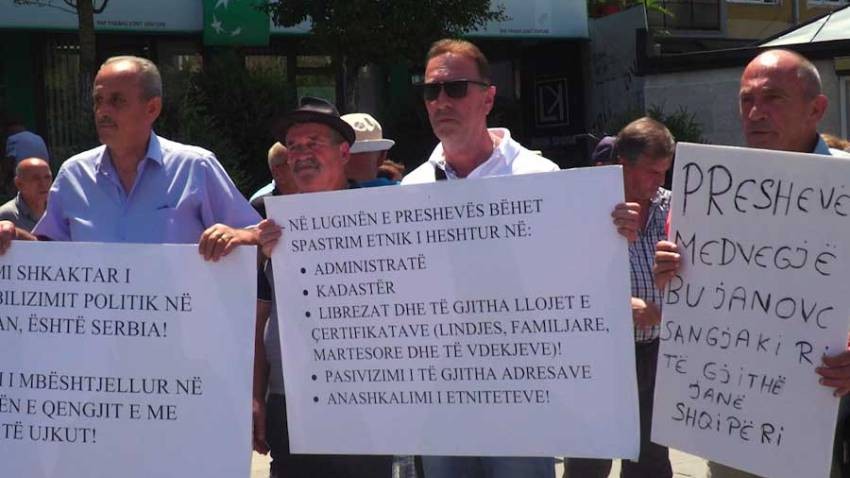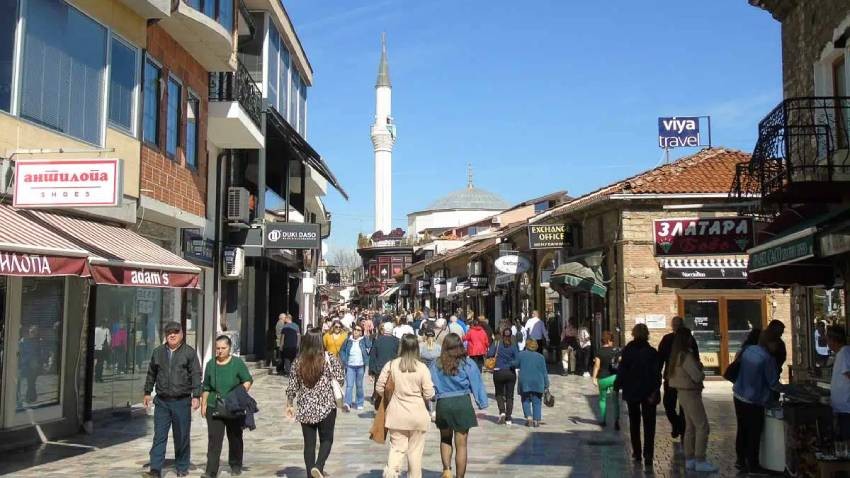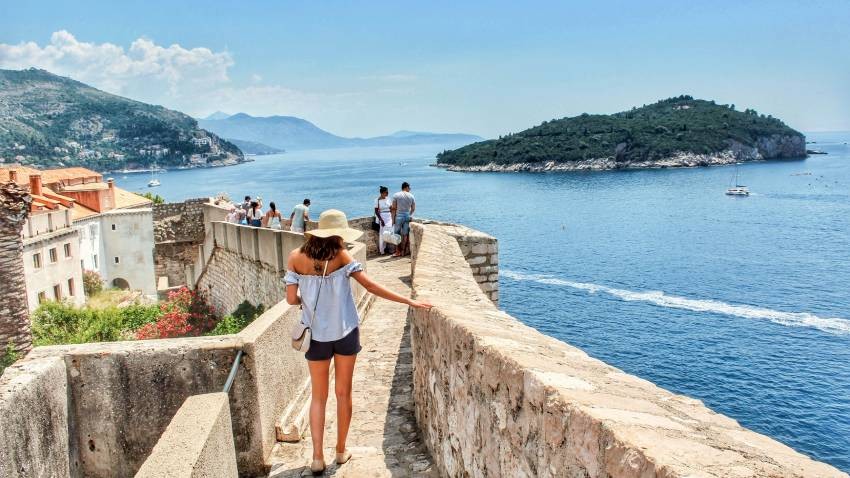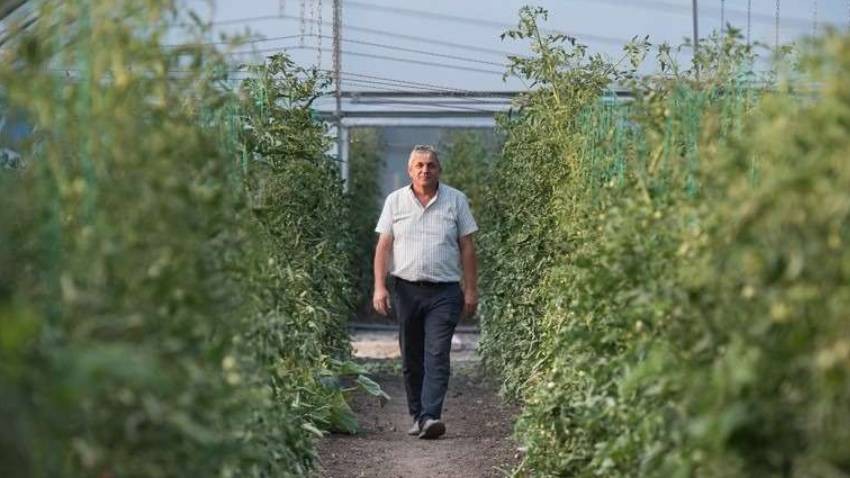Turkiye to take fingerprints from foreigners arriving in the country

The Turkish authorities plan to take fingerprints from foreigners arriving in the country, Interior Minister Ali Yerlikaya told the Sabah newspaper. "We are working on a project that envisions taking fingerprints upon entry into Turkey, as is the case in the USA and the UK", Ali Yerlikaya said without specifying when the measure is expected to be implemented. Minister Yerlikaya also mentioned that the Turkish authorities will issue ID cards with biometric chips for individuals granted temporary protection status in the country. This measure will primarily affect Syrian citizens residing in Turkiye. According to official data from the Turkish Ministry of the Interior, there are currently 4.4 million foreigners in Turkiye, with 3.1 million of them being Syrian citizens. However, unofficial estimates suggest that the actual number of foreigners in the country is much higher.
The Albanian minority in Serbia takes to the streets to protest against discrimination

Albanians from the Preševo Valley in southern Serbia protested on August 12, reported KosovaPress and Koha Ditore. The protest "For Identity and Dignity" took place in Bujanovac and was attended by residents of Preševo and Medvedja. Protesters held banners reading "Give Me Back My Address", "We Want Textbooks in Albanian", and "Oppressed – Yes, Subjugated – No". Ragmi Mustafi from the Party for Democratic Action said that the protest is a peaceful revolt against official Belgrade, which continues to discriminate against Albanians. The protesters expressed demands for the recognition of their diplomas issued in Kosovo and an end to the deletion of more than 6,000 address registrations. The latest census in Serbia recorded 62,000 Albanians in the country.
The third largest ethnic community in North Macedonia claims its rights

Though the Ohrid Agreement was signed in North Macedonia 23 years ago, the ethnic Turk minority, which constituted about 4% of the total population, continues to be denied their rights according to the pact signed on August 13, 2001, Anadolu Agency said. Turks, the third-largest community in North Macedonia, are seeking greater representation in the government, particularly in local administrations, which they have yet to receive, Anadolu Agency reports. Revising the Ohrid Agreement would allow them to have proper representation in the country. The agreement guarantees fair representation and special parliamentary procedures on issues such as language, culture, education and identity of ethnic communities.
Dubrovnik is Europe's most overcrowded tourist destination during the summer

Dubrovnik is the most affected by mass tourism destination in Europe, according Germany’s online travel magazine Travelbook. The number of tourists this year has exceeded all expectations. During the peak summer season, there are 27 tourists per one inhabitant of the Croatian city (850,000 tourists).The primary reason for the influx is that many scenes from the popular television series "Game of Thrones" were filmed in Dubrovnik. Even five years after the end of filming, many people are still drawn to the Adriatic city. The tourism sector is calling for measures to regulate the number of visitors, such as limiting cruise ship arrivals to two per day. The Greek island of Rhodes ranks second in terms of the number of visitors, with 26 tourists per one resident during the active season, Travelbook notes.
1,253 rare plant species live in their natural habitat in Romania

Romania has lost 74 species of plants, according to Costel Vinatoru, a priest and researcher at the Plant Genetic Resources Bank, reported AGERPRES. There are 39 endangered species and 171 vulnerable plant species in the country. 1,253 species are considered rare. "If we talk about plants that are natural landmarks, we mention the edelweiss, the Lady's Slipper, the wild tulips, the wild peony and many other rare plants that we do not protect properly. They could be real brands for Romania, we could gain a lot by protecting them, they can become points of attraction for tourism and for our children, who could have stronger ties with nature'', said Costel Vinatoru. He lists Nymphaea lotus var. thermalis, Acanthus balcanicus, the Lady’s Slipper Orchid (Cypripedium calceolus) and the spring pheasant's eye (Adonis vernalis) as species threatened by agriculture and man.
Published and translated by Kostadin Atanasov
Photos: : aa.com.tr, kosovapress.com, thetripgoeson.com, lonelyplanet.com,agerpres.roDespite being in Bulgaria’s poorest region, the North-West, Vratsa Province ranks among the top three in the country for economic development. According to 2023 data from the National Statistical Institute (NSI), it shares third place with Varna on the..
Bulgarian artists will take part in the festive Christmas concert in Stockholm , organised with the European Commission's representation and embassies , the Bulgarian embassy in the Swedish capital announced on Facebook. The event is scheduled for 8..
The project “The Charisma of Bulgarians” is, in essence, a bridge between different worlds . With it, Dimitrinka Yordanova Komanduci - psychologist, psychotherapist, vocal coach, and author of “Your Voice Can Change Your Life” - aims to create a..

+359 2 9336 661
